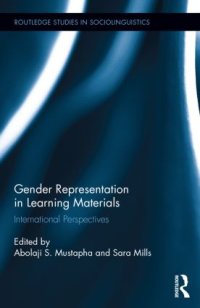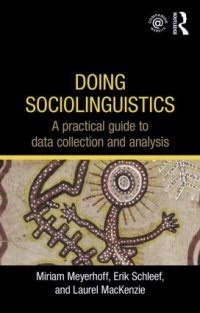New Books from Routledge
Michael Berman, UK

Humor in the Classroom
A Guide for Language Teachers and Educational Researchers
By Nancy Bell, Anne Pomerantz
© 2016 – Routledge
204 pages
About the Book
Humor in the Classroom provides practical, research-based answers to questions that educational researchers and language teachers might have about the social and cognitive benefits that humor and language play afford in classroom discourse and additional language learning. The book considers the ways in which humor, language play, and creativity can construct new possibilities for classroom identity, critique prevailing norms, and reconfigure particular relations of power. Humor in the Classroom encourages educational researchers and language teachers to take a fresh look at the workings of humor in today’s linguistically diverse classrooms and makes the argument for its role in building a stronger foundation for studies of classroom discourse, theories of additional language development, and approaches to language pedagogy.

Stories, Meaning, and Experience
Narrativity and Enaction
By Yanna B. Popova
© 2015 – Routledge
200 pages
About the Book
This book presents a complete reconsideration of the nature of narrative organization developed in the framework of a new and comprehensive approach to cognitive science: enaction. This new paradigm offers an understanding of human cognition based in the perception and sensory motor dynamics of an agent and a world. It argues that narrative is but one form of conceptual organization for human minds, the other being categorical organization. Complex literary narratives, as well as visual art, are instances in which both types of organization coexist, and in later chapters the model is elaborated in relation to some of those examples, specifically stories by Henry James and Gabriel García Márquez. The understanding of narrative offered by Popova thus cuts across many of the core issues in fields such as narratology, cognitive psychology, and traditional story grammars.

Gender Representation in Learning Materials
International Perspectives
Edited by Abolaji S. Mustapha, Sara Mills
© 2016 – Routledge
250 pages
About the Book
Representations of gender in learning materials convey an implicit message to students about attitudes towards culturally appropriate gender roles for women and men. This collection takes a linguistic approach to exploring theories about gender representation within the sphere of education and textbooks, and their effects on readers and students within an international context.
In the opening section, contributors discuss theories of representation and effect, challenging the conventional Althusserian model of interpellation, and acknowledging the challenges of applying Western feminist models within an international context. Following chapters provide detailed analyses focusing on a number of different countries: Australia, Japan, Brazil, Finland, Russia, Hong Kong, Nigeria, Germany, Qatar, Tanzania, and Poland. Through linguistic analysis of vocabulary associated with women and men, content analysis of what women and men say in textbooks, and discourse analysis of the types of linguistic moves associated with women and men, contributors evaluate the extent to which gendered representations in textbooks perpetuate stereotypical gender roles, what the impact may be on learners, and the ways that both teachers and learners interact and engage with these texts.

Doing Sociolinguistics
A practical guide to data collection and analysis
By Miriam Meyerhoff, Erik Schleef, Laurel MacKenzie
© 2015 – Routledge
212 pages
About the Book
Doing Sociolinguistics: A practical guide to data collection and analysis provides an accessible introduction and guide to the methods of data collection and analysis in the field of sociolinguistics. It offers students the opportunity to engage directly with some of the foundational and more innovative work being done in the quantitative or variationist paradigm.
Divided into sixteen short chapters, Doing Sociolinguistics:
- can be used as a core text in class or as an easy reference whilst undertaking research
- walks readers through the different phases of a sociolinguistic project, providing all the knowledge and skills students will need to conduct their own analyses of language
- features excerpts from key research articles; exercises with real data from the authors’ own research; sample answers to the exercises; and further reading
- is supported by the Routledge Sociolinguistics Companion website (www.routledge.com/textbooks/meyerhoff) which features further online exercises with sound files.
Designed to function as both a core text for methods classes in sociolinguistics and as a companion to the Routledge textbook Introducing Sociolinguistics, this book will be essential reading for all students studying and researching in this area.

By Satoko Kato, Jo Mynard
© 2015 – Routledge
338 pages
About the Book
Reflective Dialogue presents professional educators with the necessary background and skills to engage in reflective dialogue with language learners effectively. It draws on work in the fields of advising in language learning, reflective practice, sociocultural theory, language learner autonomy, counseling, and life coaching to provide both an introduction to the field and guidance for researching advising in action. The book also includes a wide variety of practical ideas and over 30 sample dialogues that offer clear demonstrations of the concepts discussed in practice. This dynamic textbook’s practical approach illustrates how reflective dialogue can promote language learner autonomy and how language advising can be implemented successfully both inside and outside the classroom.



|